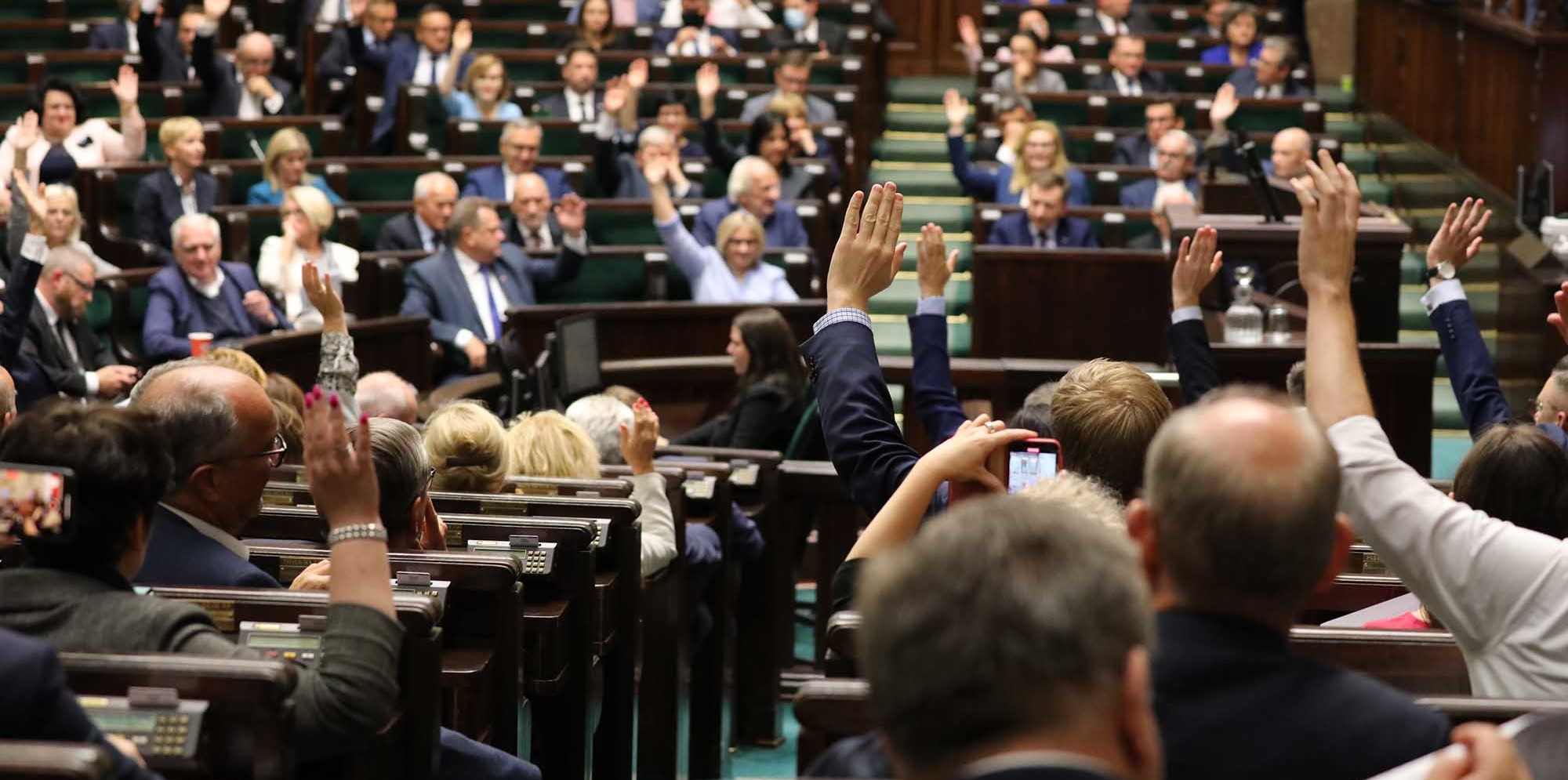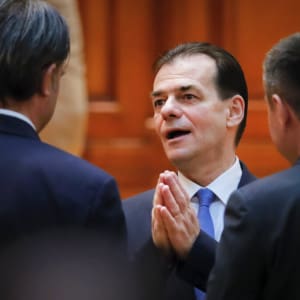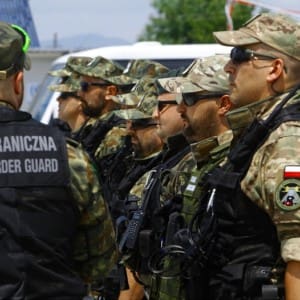When one looks at the photo of Jarosław Gowin conferring with opposition leaders in parliament, the naturalness with which everyone behaves in that group is striking. The current constellation is obvious to them and hasn’t caused any hesitation. One could say that it has existed for a longer time and has merely showed itself publicly now.
In truth, the photo is the best answer to the question of who is responsible for the end of the alliance between the Agreement and Law and Justice (PiS).
For a while now, PiS had been faced with a difficult choice. Governing alongside Gowin was leading to a catastrophe. One cannot think of political and social efficiency when important members of the government were attacking the government’s most important proposals under which they had put their signatures. Gowin had been operating in this manner for months, and consciously so, at that.
On the other hand, Gowin’s dismissal threatened PiS with the loss of its majority and therefore its power. It was obvious that not all Agreement (Gowin’s party) politicians would stand by their leader’s side if he were to join the opposition. But it was also clear that even given the best possible distribution of votes from PiS’s view, the majority would be slim and the situation critical.
Despite all obstacles, the United Right managed to reach the first checkpoint where it has a chance to calmly regroup.
Every vote and every MP would count, and the initial days would be the hardest.
Both external and internal pressure is powerful. The pressure to bring down the government is incredibly strong and also has an international aspect to it. In such context, one should consider Donald Tusk’s return.
Nevertheless, from this point of view the United Right (since it still exists) has passed this incredibly difficult test – barely, but it has. The scale of the challenge and the level of emotion are no surprise: if PiS’s leaders had not been aware of this, then they would have dismissed Gowin several months ago when the meaning of his policies became clear. Despite all obstacles, the United Right managed to reach the first checkpoint, where it has a chance to calmly regroup.
This is the most important takeaway from the last few hours: Gowin changing sides did not bring the government down. Of course, there is no guarantee that the future will be any easier, but the government has a chance to rebuild its position – both in terms of its parliament and in its efficiency.
There are no illusions: every vote in parliament until the end of term will be accompanied by a question mark. The majority will be fought for, especially since so many MPs also hold government functions.
In the current situation, however, one cannot hope for more. It is important that the government prevailed in the first, most critically important clash, and this means a lot.






